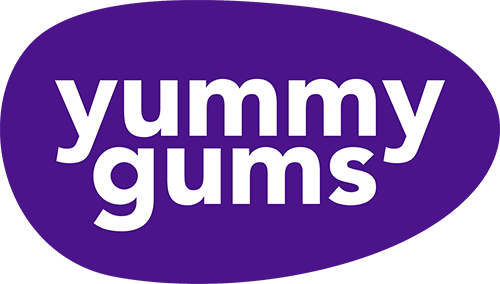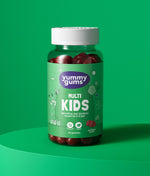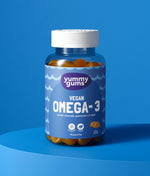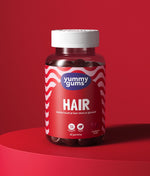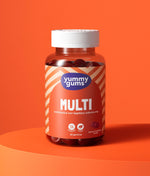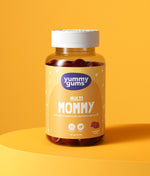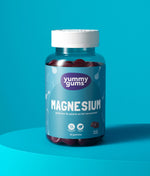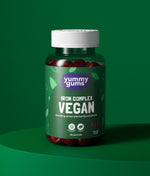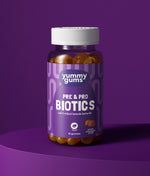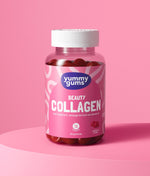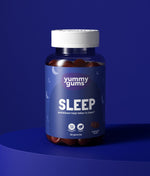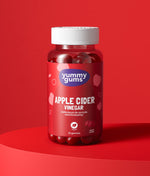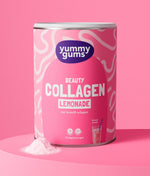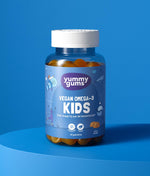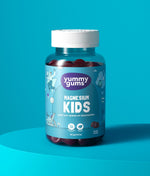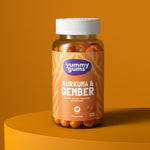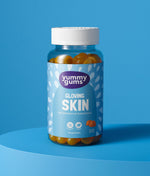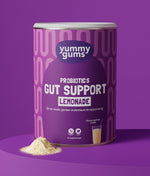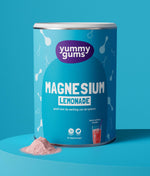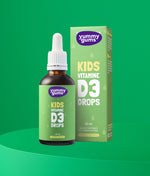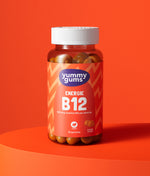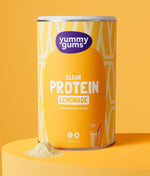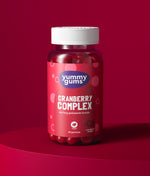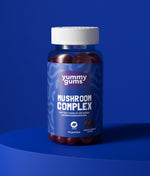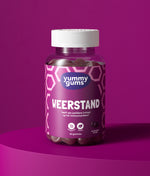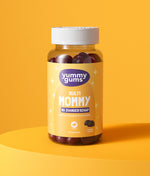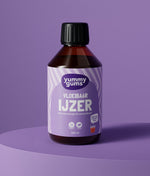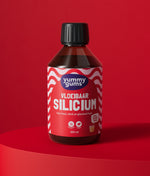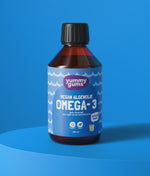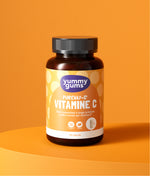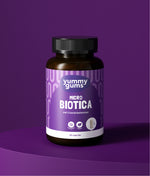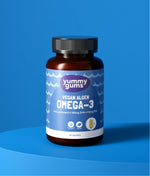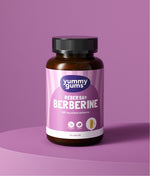Iron: everything you want to know
Vitamines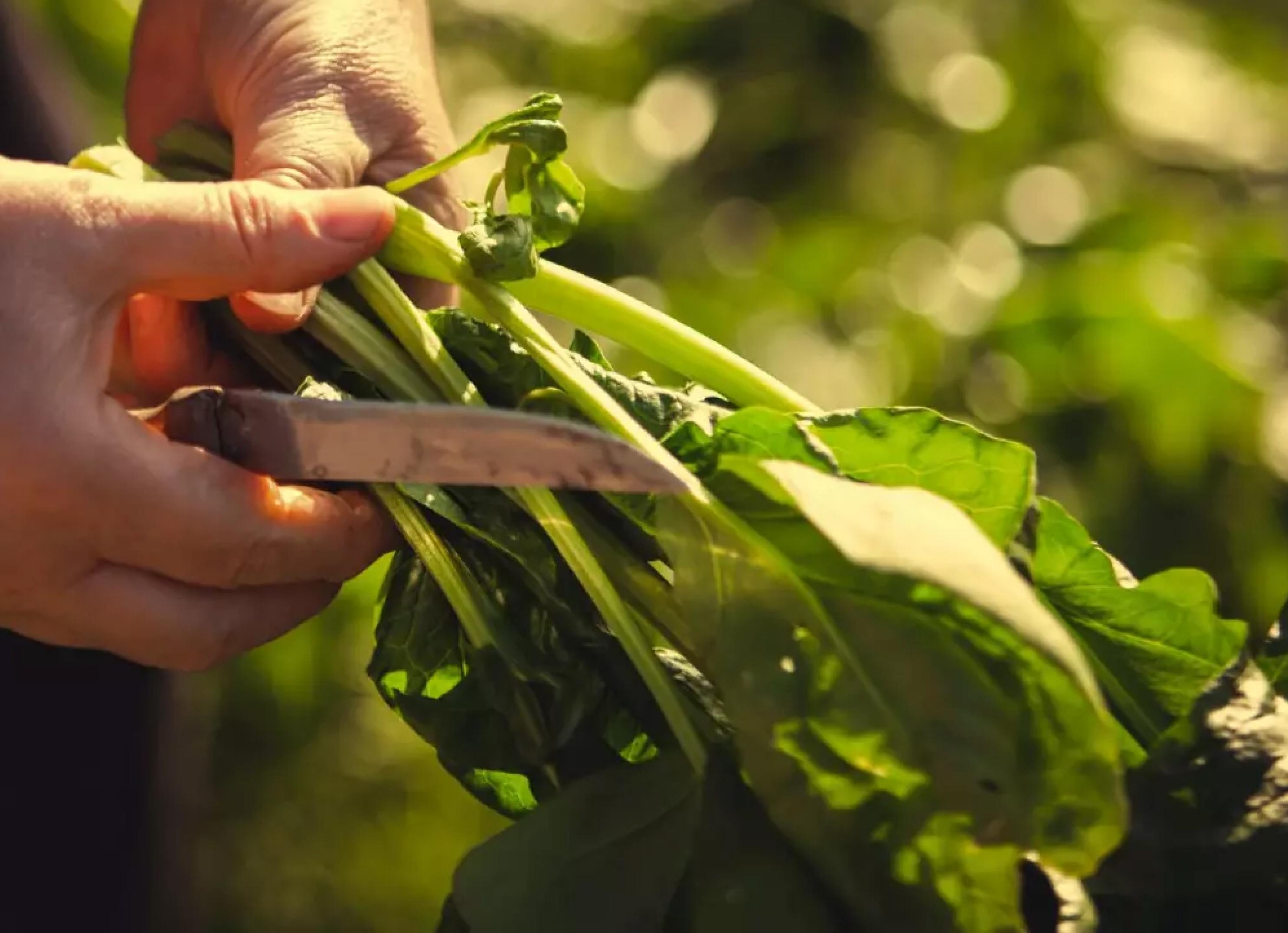
When you think of iron, you quickly think of...? Spinach, of course! But eating spinach every day gets boring, and there are plenty of other ways to get iron. Meat, for example, is also an important source of this mineral. If you follow a plant-based diet, you might need to pay a little more attention to your iron intake. We're happy to give you tips and inspiration to get the recommended daily amount of iron.
What does iron do and why is it so important?
But first: why is a daily iron intake so important? Iron activates the body's natural energy and supports the production of red blood cells. These red blood cells carry oxygen in our blood. Pretty important!
Iron is a trace element. We also know it as a mineral, but the difference lies in the amount we need. It's actually very small. Trace elements are essential for good health and proper bodily function. We cannot produce them ourselves and obtain them through our diet. Other examples of trace elements include iodine, copper, selenium, and zinc. An adult man needs 11 grams of iron per day, while an adult woman needs more, at 16 mg per day. Women's iron needs are higher due to the iron loss during menstruation.
When am I likely to have an iron deficiency and how do I recognize this?
Iron deficiency mainly occurs in people who don't get enough iron from their diet. For example, if you follow a plant-based diet. Iron is found in animal products like meat. Iron deficiency can also be caused by blood loss or a bowel condition, which prevents your body from absorbing enough iron from your diet. An iron deficiency can also result from an increased iron requirement. This can be the case in pregnant women, breastfeeding women, or children.
Fatigue, pale skin, or restless legs can be symptoms of an iron deficiency. A low iron level can lead to anemia or a weakened immune system. You may also experience difficulty concentrating. If you recognize any of these symptoms, it might be a good idea to schedule an appointment with your doctor.
Iron in your diet
There are two different forms of iron in your diet: heme iron and non-heme iron. Heme iron is found exclusively in animal products, while non-heme iron can be found in both animal and plant products. Of the heme iron that enters your body, about 25% is absorbed. For non-heme iron, this percentage is only between 1% and 10%. Essentially, eating animal products makes it easier to meet your daily recommended iron intake. This means that people with a vegan diet often have to work harder to meet their daily iron needs. Of course, this isn't a cause for concern. There are plenty of other products and ingredients available to meet your iron needs as a vegan. A variety of plant-based and vegetarian products or meat substitutes can help you maintain your iron levels. We've listed a few for you.
Nuts, kernels and seeds
Easy to take with you and delicious as a snack. Walnuts, cashews, hazelnuts, and pistachios are among the iron-rich foods. Kernels and seeds are always a good choice too! One tablespoon provides 0.6 mg of iron.
Iron-rich vegetables
We mentioned spinach before, but broccoli, asparagus, beets, arugula, sweet potatoes, kale, and endive are also iron-rich vegetables. So don't worry, you certainly don't have to eat spinach every day!Bread and grain products
All bread and grain products contain iron, and whole wheat is the best choice! Choose rye bread, whole-wheat multigrain bread, or regular whole wheat bread, for example. Eating a whole-wheat sandwich every day provides the first 0.9 mg of iron. Brown bread is also fine; one slice contains 0.6 mg of iron.
Fruit
Fruit contains plant-based iron. Watermelon, blackberries, apricots, peaches, and plums are high on the iron-rich list. One piece contains an average of 0.8 mg of iron. A bonus tip from us: dried fruit, such as dates and figs, contains even more iron. Citrus fruits also contain vitamin C, which is important for iron absorption.
Legumes
Did you know that 50g of legumes contains 1mg of iron? Add green beans, soybeans, chickpeas, or lentils to your meal. Super tasty and very healthy.
Eggs
This isn't an option for vegans, of course, but eggs are also a suitable source of iron for vegetarians. Boiled, fried, poached – eggs are incredibly versatile, and one egg contains not only protein but also 1 mg of iron! Win-win.
Whole wheat pasta
Besides whole-wheat bread and crackers, you can also choose whole-wheat pasta. 50g of whole-wheat pasta already contains 0.6 mg of iron. A pasta recipe with a mix of iron-rich vegetables? Voilà; a plant-based iron bomb.
Supplements
If, despite the above, you still feel you're not getting enough iron, you can supplement your diet with iron-rich supplements. Yummygums Vegan are sugar-free gummies with a delicious blackberry flavor, packed with the right nutrients to complement your vegan or vegetarian diet.
